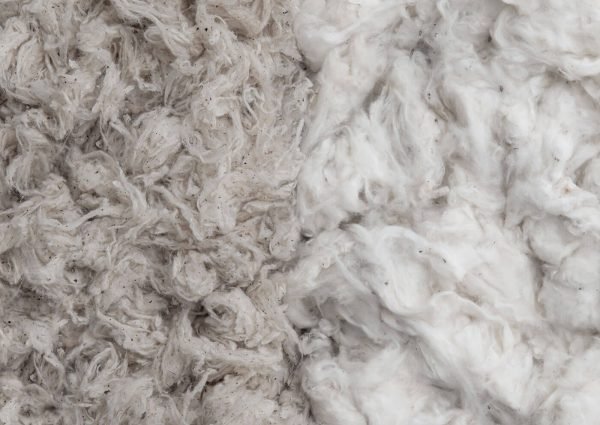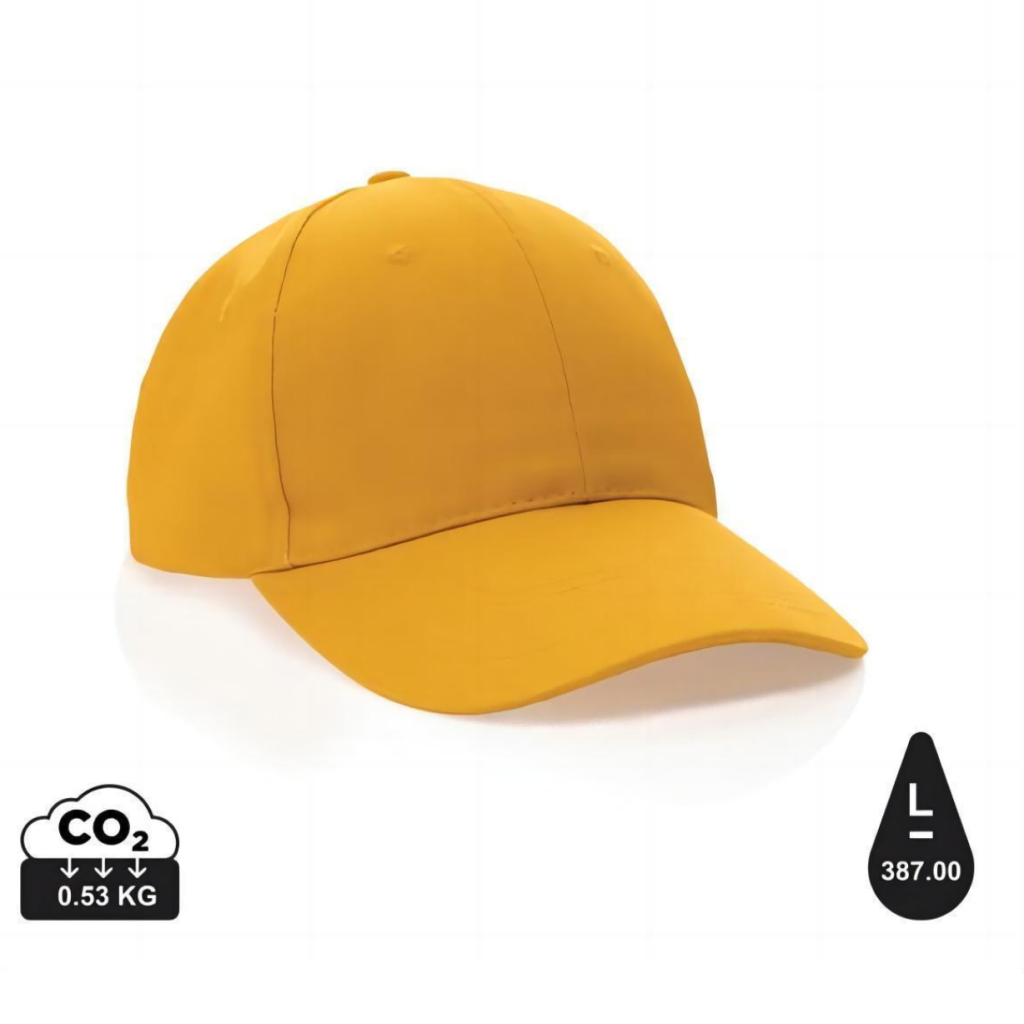RECYCLED COTTON
By RCO100
RECYCLED VS. REGENERATED
The yarn produced with recycled cotton was born from the need to reduce pollution and as a logical response to the need to produce in a sustainable way to preserve the resources of the world in which we live. The trend in recent years is to recover as much as possible any waste generated along the supply chain, unsold collections, garments that have reached the end of their life cycle, so that they can fill again the supply chain of new products, albeit with some qualitative limitations to which the technology may eventually find appropriate solutions in the short term.
Among the most used fibers in the world for textiles in general (clothes, household linen, work clothes, etc..) there is certainly cotton. Like every agricultural crop, cotton is therefore cultivated in the fields: therefore, the greater is the quantity of material diverted from the waste stream during the textile manufacturing process that can be processed and recovered as recycled material, the greater is the part of the soil that can be used to cultivate food, necessary to feed a population growth that is not expected to slow down for at least the next fifty years, the greater is the preservation of water and the conservation of soil through a reduced use of chemicals.
Choosing recycled cotton means making an ethical and ecological choice: compared to systems for the regeneration of plastic fibers in polymers, the installation of plants to transform reclaimed material back into raw material as recycled cotton, is not normally subject to particular barriers to entry, such as dimensional constraints (minimum sizes of implants) and it is therefore possible to encourage the reuse of the waste right where it is produced reducing emissions related to the transportation of materials, thus respecting the balance of the planet in which we live and also significantly reducing the use of primary resources.
R&BIO yarns are produced with 100% pre-consumer cotton waste that is generated during the preliminary steps of the supply chain. Bcause of this, the R&BIO yarns give guarantees of blend, dyeing and relatively stable technical specifications, because it can also be mixed with virgin cotton fibers. Common regenerated yarns are instead obtained from pre-consumer waste collected during all the steps of the transformation from the virgin fiber to the finished product, where in most cases it has already been necessary to mix the different fibers (cotton, linen, viscose, polyester, etc..) and from post-consumer waste as used or unsold garments. These wastes are thus cut into small parts to be then frayed and finally used for the production of yarns generally already dyed (guaranteed only for batches), without guarantee of composition and with low technical characteristics. Since frayed fibers are often very short and stressed by intensive processes of regeneration, it is necessary to add at least a 10% of polyester blend to increase the performance in terms of strength.

RAW MATERIAL TRACEABILITY
Redefining
THE FUTURE OF TEXTILES
Our 100% recycled cotton is the first of its kind in the market. This recycled cotton fabric is made from pre- and post- consumer cotton, textile waste and leftovers from fabric production. We spin this waste, collected from over 100 sources in 3 countries, into strong staple fibers with impeccable quality. Not only is this officially verified, but also when woven together, they create the highest quality of sturdiness and durability, perfect for daily use.
Through RCO100 tech by Säntis
100% RECYCLED COTTON
We offer a variety of 100% recycled cotton products allowing us to cater specifically to your needs. Our 100% recycled cotton variants include wovens in the form of denim, chino, oxford and flannel shirting. Furthermore, we offer 100% recycled cotton knits such as single jersey, french terry and polo piquet.
Say hello to our one-of-a-kind sustainable 100% Recycled Cotton.
Never lower the standard
FULLY TESTED TRACEABLE
From a number of existing suppliers, we will choose the best option to develop, produce and execute the respective product in line with the customers given specifications and parameters. We negotiate raw material, yarn and fabric prices. Quality Control specialists are delegated to monitor and support the in-house production process, according to customers definitions and requirements..

SUSTAINABILITY
RECYCLED COTTON CAP WITH AWARE™ TRACER
No greenwashing, made with AWARE™ tracer. With AWARE™, the use of genuine recycled cotton materials and water reduction impact claims are guaranteed by using the AWARE disruptive physical tracer and blockchain technology.
RECYCLED COTTON MEANS THAT A TRADE-OFF IS POSSIBLE
As already mentioned, the production of yarns with recycled cotton can have technical limitations of count (short fibers), strength (mistreated fibers) and dyeability (dead fibers), but depending on the intended use you can find a compromise by mixing with virgin fibers, up to a maximum of 80%, to be able to design a recycled yarn with the requirements of the customer. Some fashion brands, such as Levi’s, use about 20% recycled cotton to make their garments without compromising on quality.
